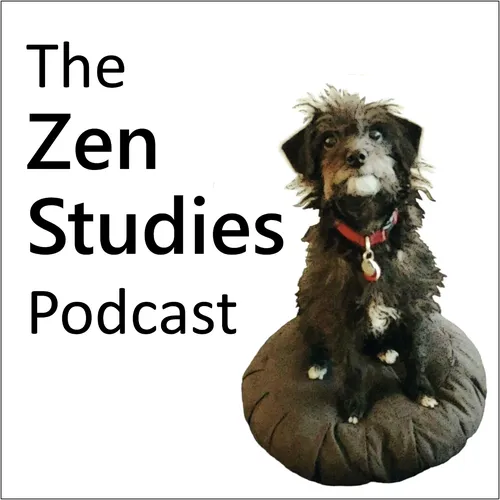
The Zen Studies Podcast
Learn about traditional Zen and Buddhist teachings, practices, and history through episodes recorded specifically for podcast listeners. Host Domyo Burk is a Soto Zen priest and teacher.
- Update frequency
- every 10 days
- Average duration
- 29 minutes
- Episodes
- 323
- Years Active
- 2017 - 2025

235 – One Reality, Many Descriptions Part 2: Suchness or Thusness
What do Buddhists mean by the terms “Suchness” or “Thusness”? Over the millennia, Buddhists have employed many concepts to point us toward Reality-with-a-Capital-R, because awakening to Reality is pr…

234 – Spiritual Inquiry Part 4: Investigating and Resolving Karmic Issues
In the last episode I discussed “karma work,” or the process of noticing the underlying reasons for our selfish, harmful, or less-than-enlightened behaviors of body, speech, and mind, and then workin…

233 – Spiritual Inquiry Part 3: Identifying our Karmic Issues
An important part of Buddhist practice is spiritual inquiry. Buddhism teaches us that there are underlying reasons for every selfish and neurotic thing we do, and that we can discern what those reaso…

232 – Spiritual Inquiry Part 2: Resistance to Questions and Karma Work Versus Awakening
In this episode, my second in a short series on spiritual questions, I talk about various reasons for resistance to coming up with or asking spiritual questions. Then I discuss the relationship betwe…

231 – Spiritual Inquiry Part 1: What Spiritual Questions Are and Why They Matter
There are many aspects of Buddhism which suggest you ought to have deep spiritual questions – questions which are not merely intellectual, but which matter to you, personally, very much. Questions wh…

230 – The Importance of Bodhi-Mind, or Way-Seeking Mind
Buddhism is based on seeking – seeking freedom from suffering, greater wisdom and compassion, greater skillfulness in benefiting beings, and a more authentic, connected way of being. Our spiritual gr…

229 – One Reality, Many Descriptions Part 1: Emptiness
Teachings like Emptiness, Buddha-Nature, Suchness, Absolute and Relative, and Mind-with-a-capital-M are challenging, and sometimes people wonder if they’re all just terms for the same thing, more or …
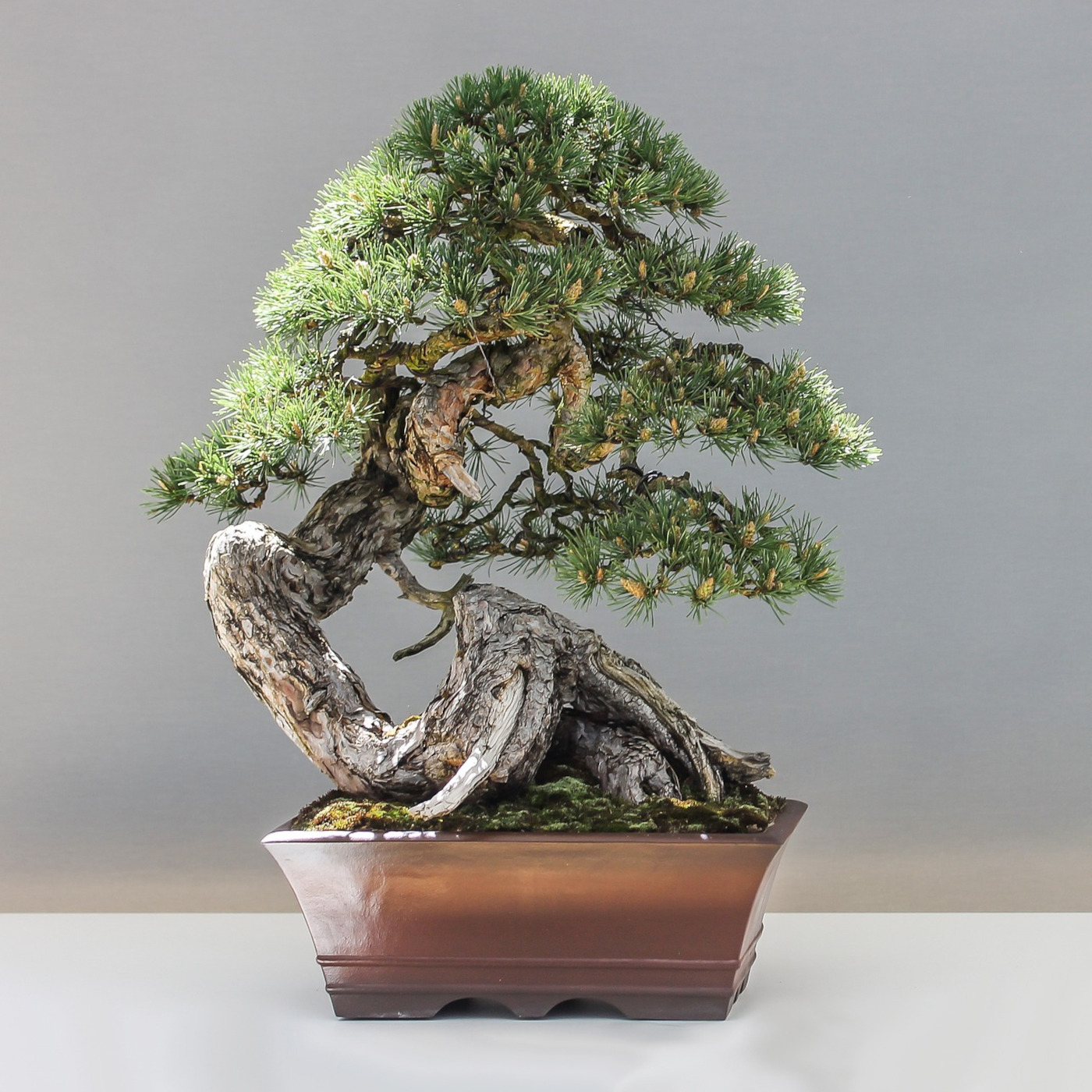
228 – Skillful Self-Discipline Part 2: Clarity of Purpose and Patient Determination
If we live without self-discipline – without clarifying aspirations, forming intentions, or training ourselves – our lives are unlikely to go in the direction we would like them to. Unfortunately, se…

227 – Skillful Self-Discipline Part 1: Balancing Discipline and Gentleness
If we live without self-discipline – without clarifying aspirations, forming intentions, or training ourselves – our lives are unlikely to go in the direction we would like them to. Unfortunately, se…

226 – How to Relate to Worldly Pleasure as a Buddhist – Part 2
In Part 1 I defined what I mean by “worldly pleasure,” and then discussed five drawbacks of such pleasure as described in Buddhist teachings, and in our own experience. In this episode I talk about h…
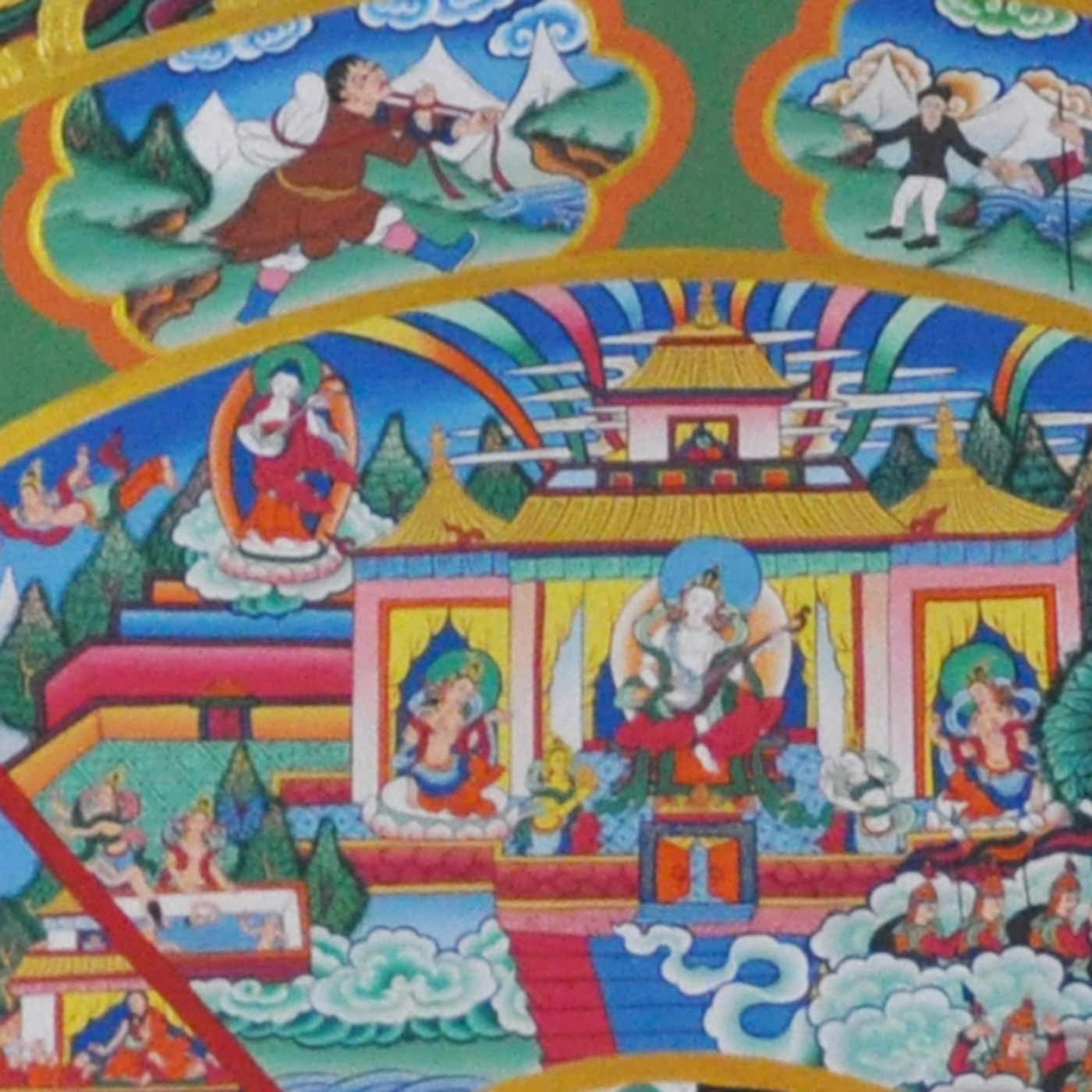
225 – How to Relate to Worldly Pleasure as a Buddhist – Part 1
Traditionally, the ideal of Buddhism is the renunciate monastic who forgoes worldly pleasures because they are fleeting and distract us from practice. How should a serious practitioner relate to worl…

224 – Human Nature: Why Aren't We Born Enlightened?
Why aren't we just all born enlightened and avoid suffering? Or, we could ask: Why are human beings the way they are? Why did they evolve to cause so much suffering for themselves and others? If we a…

223 – Integrating Insights
On the meditation seat and off, we may experience significant insights - realizations that shift our perceptions of ourselves and world, and help relieve suffering. Insights may be sudden or gradual,…
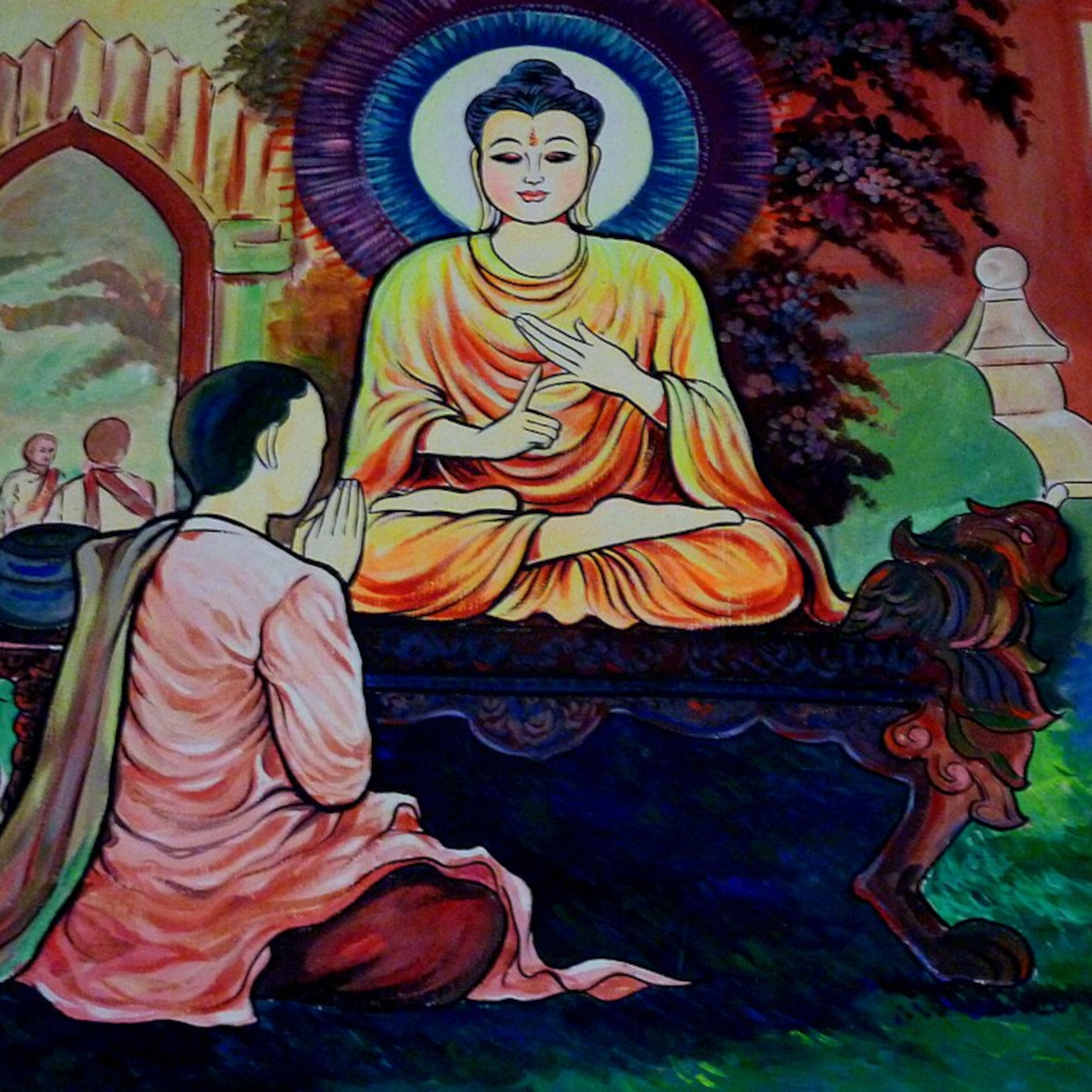
222 – Confronting the Buddha’s Sexist Discourse – Part 2
I explore how - for some of us - explaining, dismissing, or justifying the story of the Buddha’s resistance to ordaining women (told in the Gotami Sutta) does not completely neutralize the discouragi…

221 – Confronting the Buddha’s Sexist Discourse – Part 1
I introduce the text that describes the Buddha’s negative words and actions in response to the question of ordaining women into what was called the “homeless life” of his monastic community. Then I’l…

220 - Being the Only Buddhist in Your Family – Part 2
This is Part 2 of my discussion about being the only Buddhist in your family. I continue discussing ways to create more harmony between your spiritual practice and your family relationships, and then…

219 – Being the Only Buddhist in Your Family – Part 1
Many – if not most – English (or Spanish!)-speaking Buddhists are converts to Buddhism. Even if you were raised in a Buddhist family, chances are good that as an adult you are surrounded by non-Buddh…
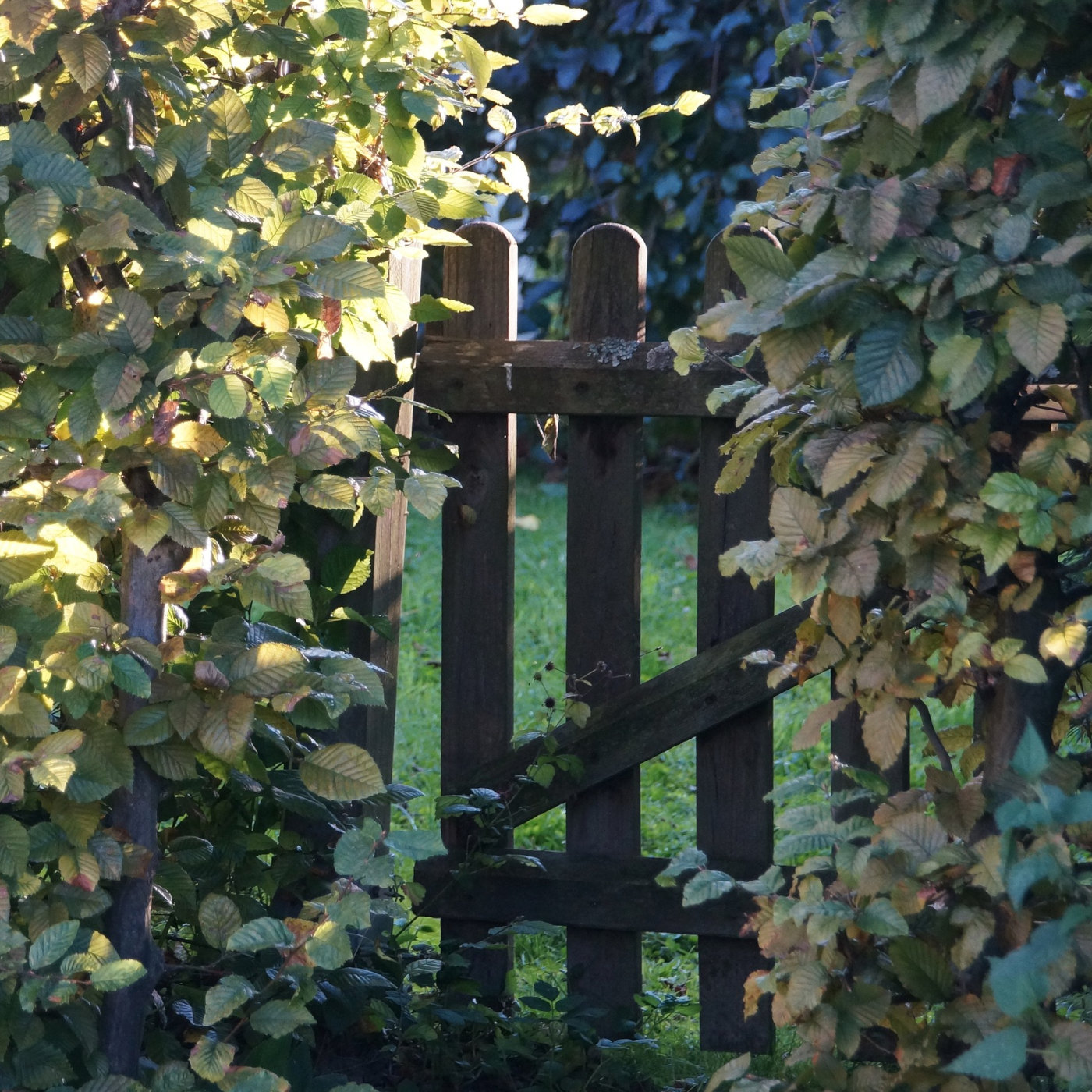
218 - The Fourfold Bodhisattva Vow Part 3: Entering Dharma Gates & Attaining Buddhahood
I discuss the third and fourth vows of the Fourfold Bodhisattva Vow, about entering all Dharma Gates and embodying the unsurpassed Buddha Way. For some of us, these seem less accessible and relevant …
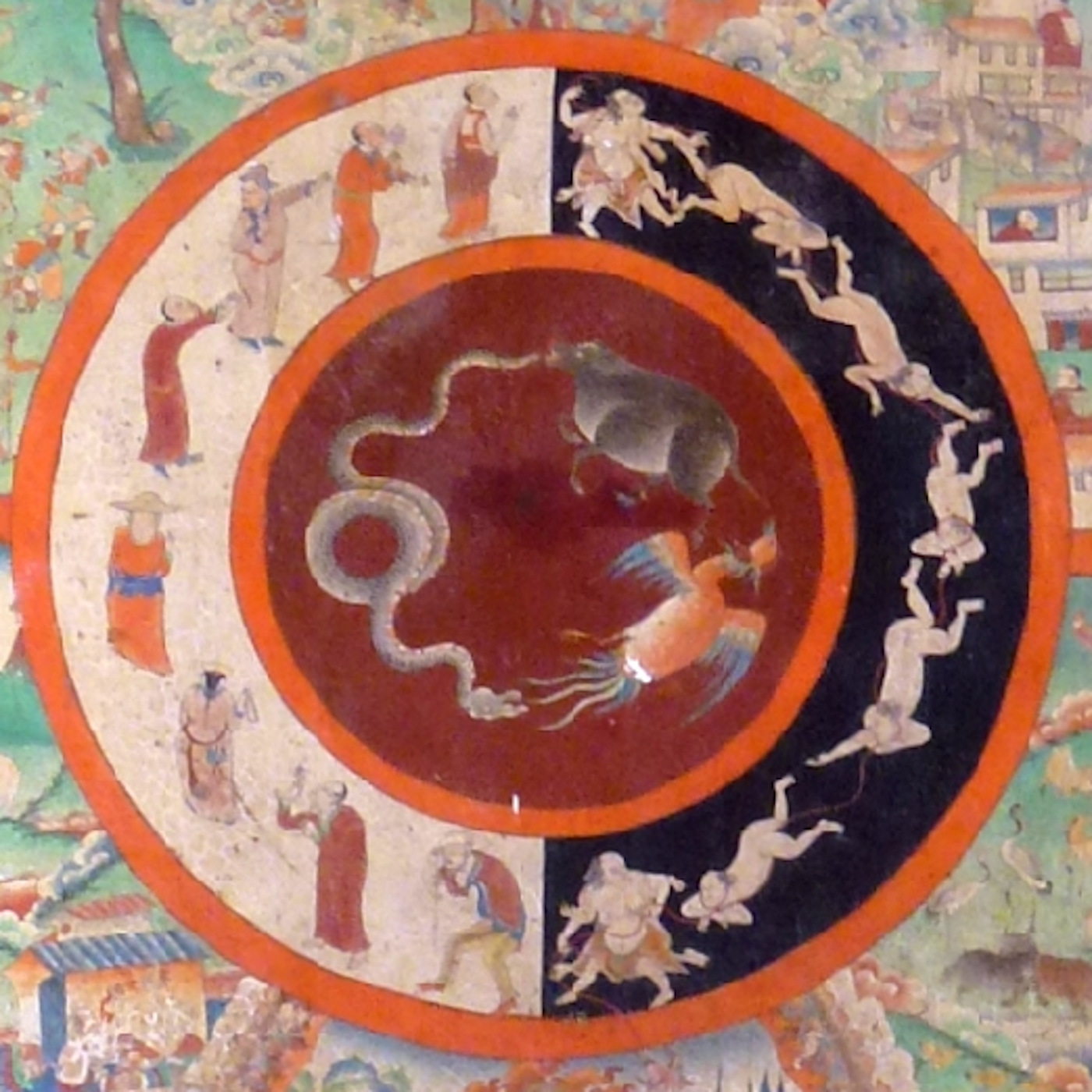
217 - The Fourfold Bodhisattva Vow Part 2: Ending All Delusions
This is episode two in my series on the Fourfold Bodhisattva Vow (also called the Four Great Bodhisattva Vows). In the first episode of the series (216), I discussed the spirit of the bodhisattva vow…

216 - The Fourfold Bodhisattva Vow Part 1: Freeing All Beings
In this episode I review the meaning of the Fourfold Bodhisattva Vow, and then explore the first of the vows in detail: Beings are numberless, I vow to free them. What does it mean to free beings, an…